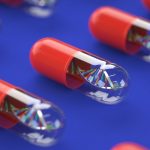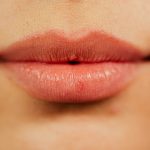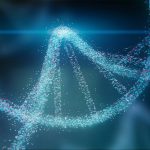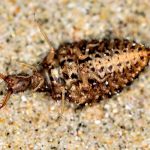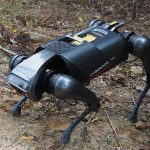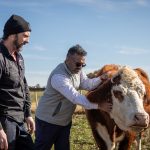Cats do grieve, shows study
As we grieve the loss of a pet, we may not be the only ones feeling the pain.
Research is showing that cats who are...
Gaps in fossil record aren’t a major problem for understanding evolution, shows study
For a long time, scientists have worried about the gaps in the fossil record, fearing that missing pieces might make it hard to accurately...
The brain reacts to lip reading like real speech, shows study
Lip reading activates brain regions similar to real speech, researchers report.
Lip-read words can be decoded from the brain’s auditory regions similarly to heard speech,...
Scientists reveal hidden gaps in our understanding of human evolution
A new study suggests that our understanding of human evolution might be more incomplete than we realize, largely due to the fact that most...
What happens after playing dead?
Have you ever heard the phrase "playing possum"?
It refers to a behavior seen in many animals where they pretend to be dead to avoid...
Scientists train robot dog to hunt down fire ant nests
A team of researchers from China and Brazil has developed a groundbreaking method to tackle the spread of the Red Imported Fire Ant (RIFA),...
A new pandemic could ride in on animals we eat, scientists warn
A new study warns that the animals we consume could be the source of a future pandemic, driven by the rise of antimicrobial resistance...
Sneaky spider tricks fireflies with fake signals to catch more prey
Fireflies are well-known for their glowing flashes, which they use to communicate and attract mates.
Male fireflies of the species Abscondita terminalis create multi-pulse flashes...
Blind cavefish evolve super taste buds, shows study
Over thousands of years, a unique species of fish known as the blind cavefish has evolved to live in complete darkness, losing their eyesight...
Scientists develop a clever plan to protect freshwater crocodiles from deadly cane toads
Scientists from Macquarie University, working alongside Bunuba Indigenous rangers and the Department of Biodiversity, Conservation and Attractions (DBCA) in Western Australia, have come up...


